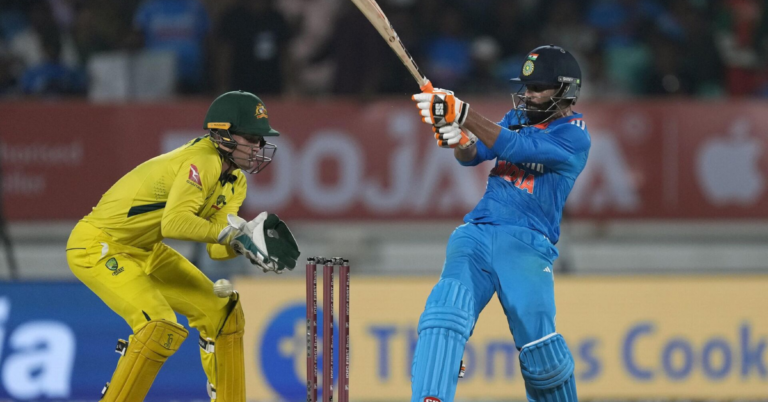11xplay Com Step by Step Beginner’s Tutorial
11xplay, 11xplay Online, 11xplay Com: Starting something new can feel confusing, but when you have a clear guide in hand, the process becomes easy and stress free. 11xplay Com is built to welcome beginners and help them get comfortable with every step, from signing up to exploring features. This detailed step by step tutorial will guide new users through the entire journey in simple language, so you can focus on enjoying the platform rather than worrying about where to begin.
Step 1: Visit the Official Website
The very first step is opening the 11xplay Com website on your browser. Make sure you are using a secure internet connection, whether on your phone, tablet, or computer. Beginners often get confused by unofficial links, so always type the web address carefully or bookmark it once you have confirmed it is the right one.
Step 2: Create a New Account
On the homepage, you will see the option to sign up or create an account. Click on it and fill in the required details such as your name, email ID, and contact number. Set a strong password that is easy for you to remember but hard for others to guess. Always double check your information before submitting because any small mistake can lead to login issues later.
Step 3: Verify Your Account
Once you complete the sign up form, you will usually receive an email or SMS with a verification link or code. This step is important because it confirms your identity and ensures your account is secure. Click on the verification link or enter the code you received. Without verification, some features may remain locked, so do not skip this part.
Step 4: Secure Your Login
After verification, log in with your registered details. Use your email or mobile number and the password you created. Beginners are advised not to save passwords on shared devices. If possible, enable two step authentication for added protection. This step ensures that only you can access your account even if someone else knows your password.
Step 5: Explore the Dashboard
Once logged in, you will arrive at the main dashboard. This is your control center where you can access every feature of 11xplay Com. Spend a few minutes to look around. The dashboard usually shows your profile, wallet balance, notifications, and quick links to important sections. Familiarizing yourself with this layout will save time later and make navigation smoother.
Step 6: Complete Your Profile
Many new users skip updating their profile, but it is a crucial step. Fill in details like your date of birth, address, and payment preferences. Adding correct information ensures smooth withdrawals and helps customer support resolve issues quickly. Beginners should treat the profile section as a way of personalizing their account for a better experience.
Step 7: Deposit Funds Safely
To make full use of the platform, you will need to deposit funds into your wallet. Head over to the deposit section on the dashboard. You will see different options such as UPI, net banking, or cards. Choose the one you are comfortable with. Always start with a small amount to test the process. Ensure you are following the instructions carefully and never share your banking password with anyone.
Step 8: Understand the Features
11xplay Com offers a variety of features designed to keep users engaged. Beginners should take some time to read the information provided in each section before making any decisions. Look for FAQs, help buttons, or pop up guides that explain what each feature does. The more you understand the features, the more confident you will feel while using them.
Step 9: Learn to Withdraw Funds
Withdrawing money is as important as depositing it. Go to the withdrawal section and check the minimum and maximum withdrawal limits. Enter your details correctly, including bank account or UPI ID. Withdrawals may take some time depending on the method chosen, so beginners should be patient. Always check your balance after a transaction is complete.
Step 10: Use Bonuses and Offers
11xplay Com often provides welcome bonuses or special promotions for new users. Look out for notifications on your dashboard or in your email. Read the terms and conditions attached to these offers carefully. Beginners should not rush into claiming bonuses without understanding the requirements, as most offers come with specific usage rules.
Step 11: Seek Support When Needed
If you ever get stuck, the platform usually provides support options like live chat, email, or help centers. Beginners should not hesitate to use these services. Asking questions early saves time and prevents mistakes. Make a note of the official support channels so you always know where to reach out if a problem arises.
Step 12: Practice Responsible Usage
While the platform is exciting, beginners must remember to use it responsibly. Set personal limits for time and money. Take breaks when needed and never share your login details with anyone else. Responsible usage ensures that your journey with 11xplay Com remains positive and enjoyable for the long term.
Step 13: Explore Mobile Access
For users who prefer using smartphones, 11xplay Com often provides mobile friendly access or apps. Download only from official sources and follow the setup instructions. Mobile access allows you to stay connected on the go, making the platform more flexible and convenient.
Step 14: Stay Updated
The platform may update its features from time to time. Beginners should keep an eye on notifications and updates from the official website. Staying informed ensures you do not miss out on new functions, offers, or important policy changes.
Step 15: Build Confidence Gradually
Finally, remember that you do not need to master everything in one day. Start small, get comfortable with basic functions, and slowly explore advanced features. With regular use, you will naturally gain confidence and efficiency. The step by step approach is designed to make your learning curve smooth and steady.
Conclusion
11xplay Com is built with both beginners and experienced users in mind. This step by step beginner’s tutorial has walked you through the entire journey, from account creation to exploring features and using support when required. The key is to take things one step at a time, double check your actions, and use the platform responsibly. By following these steps, every new user can build a safe and enjoyable experience without confusion or stress. With patience and practice, you will soon be navigating the platform like a pro.






